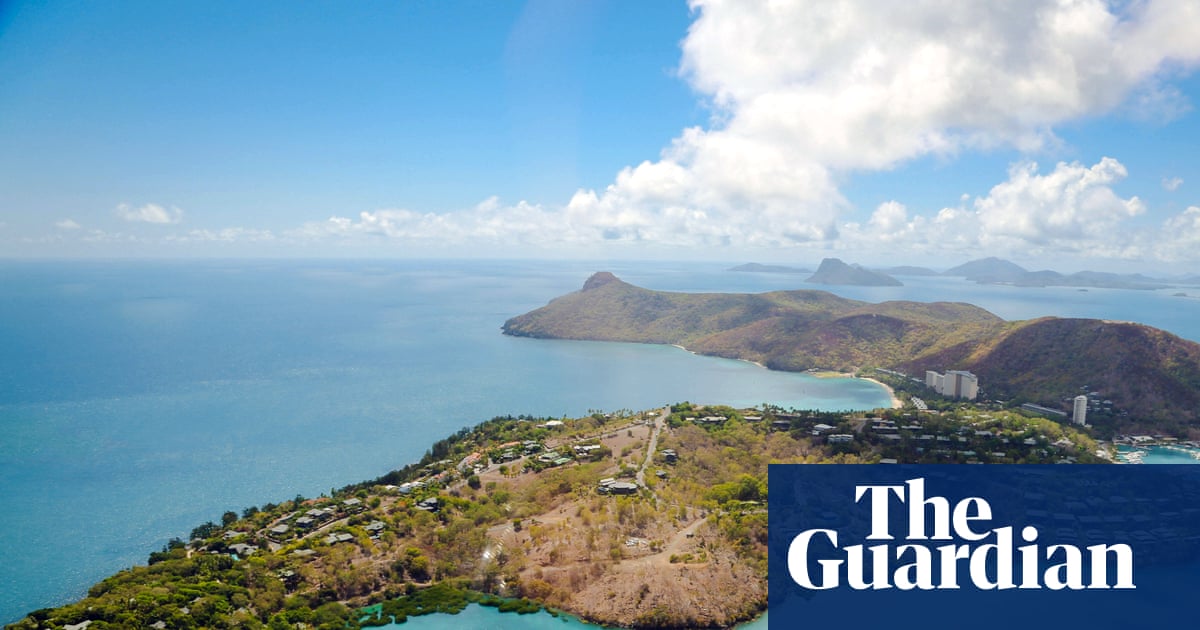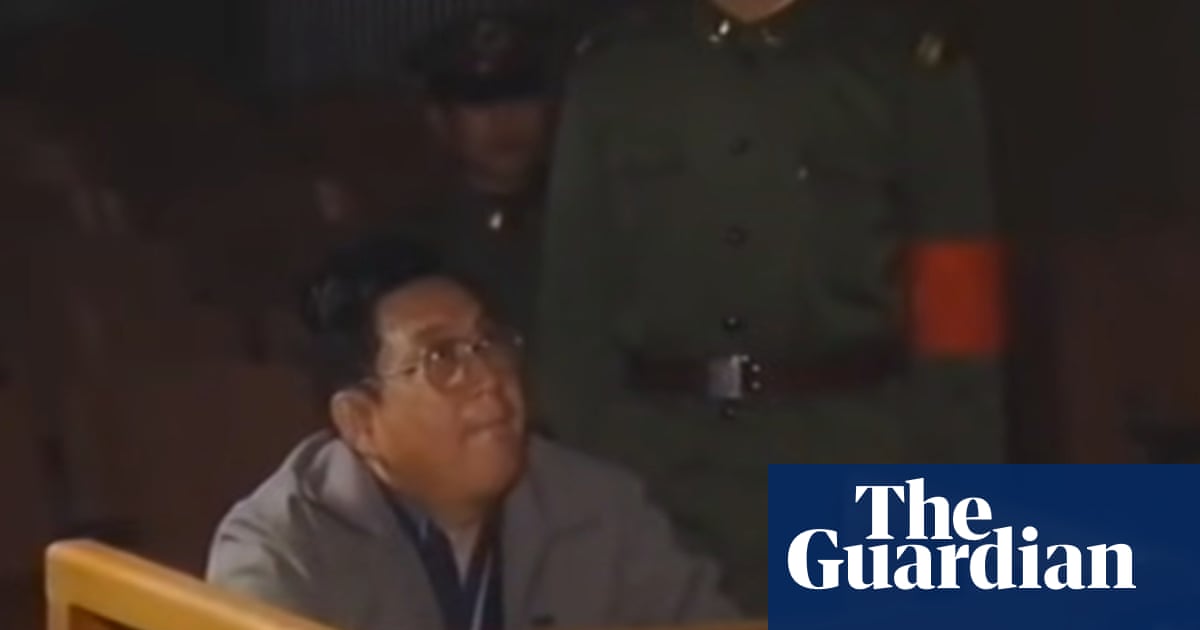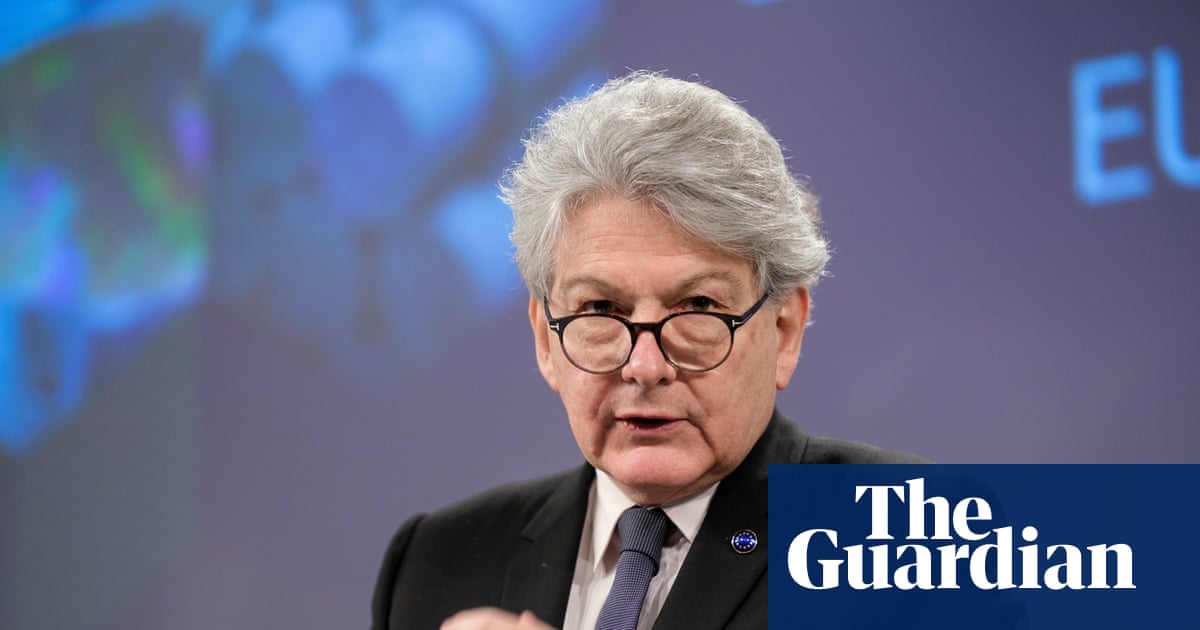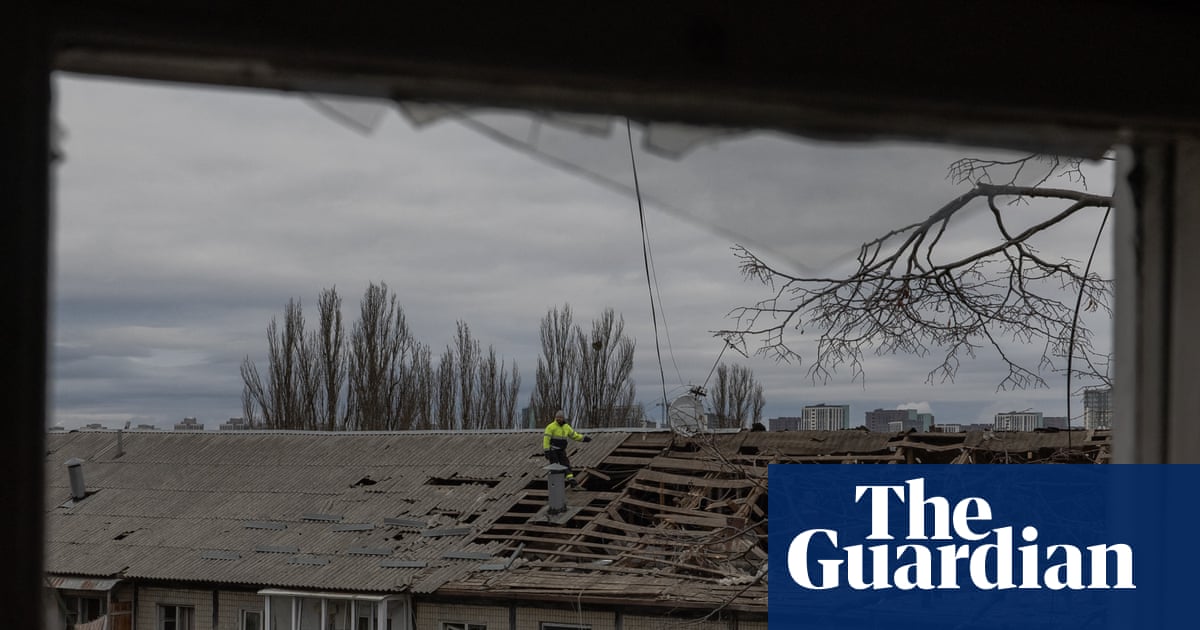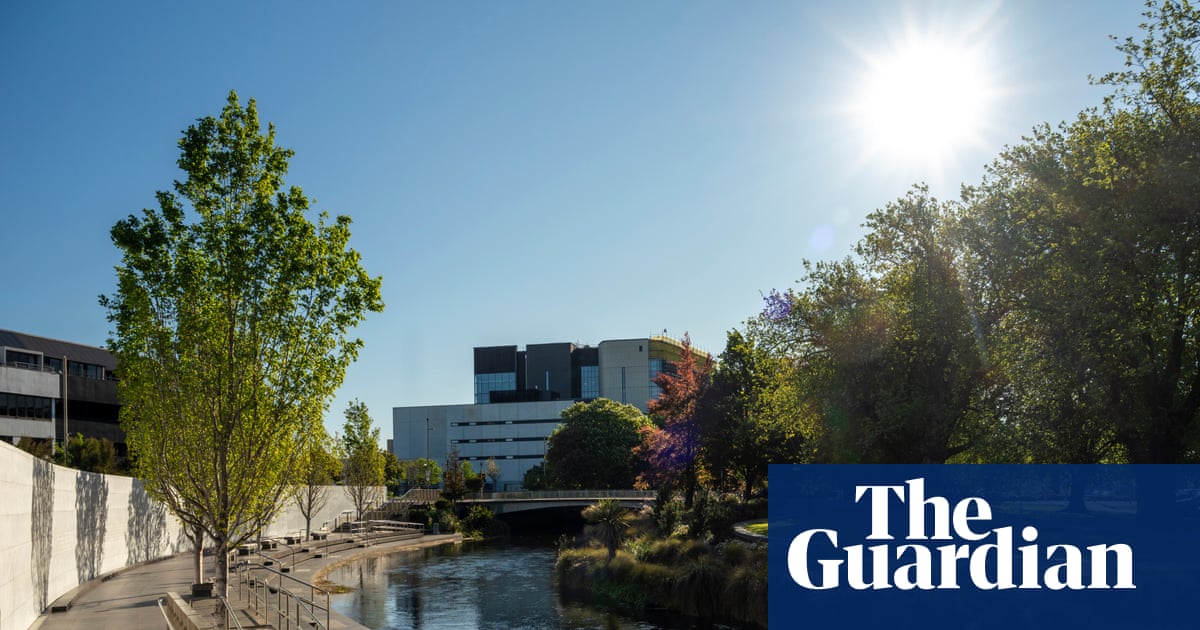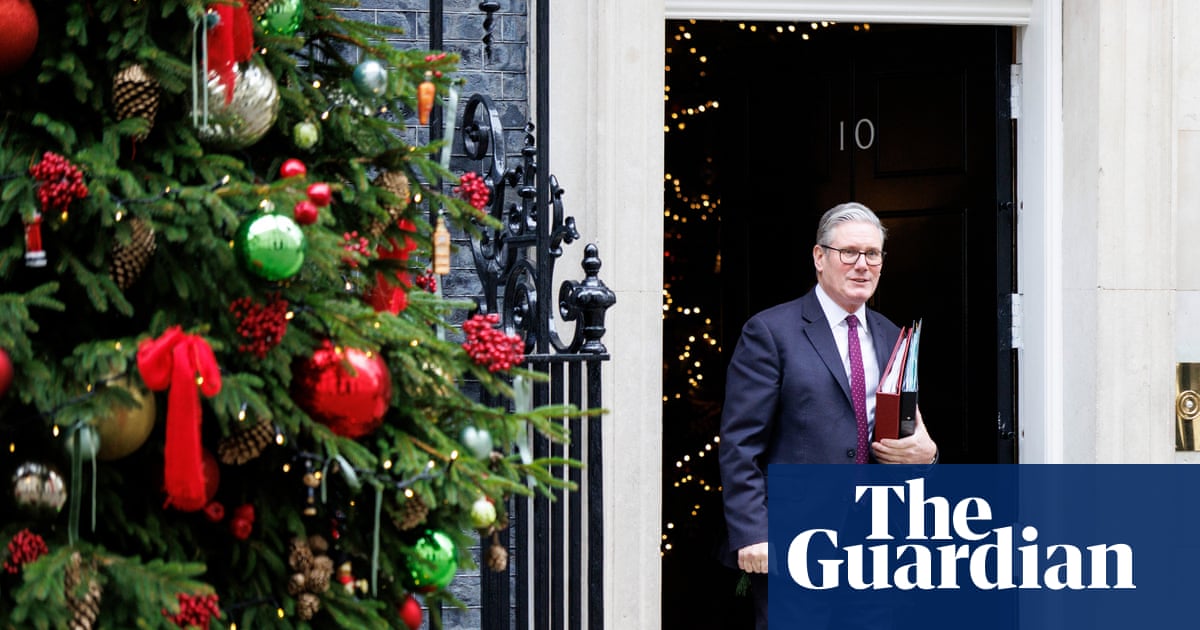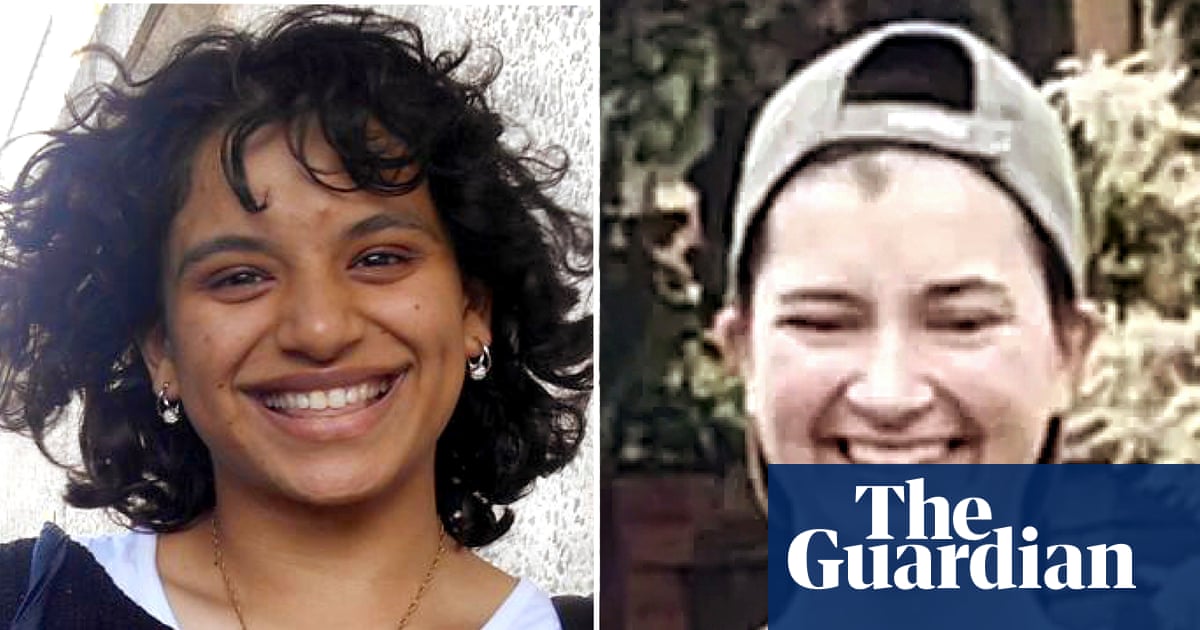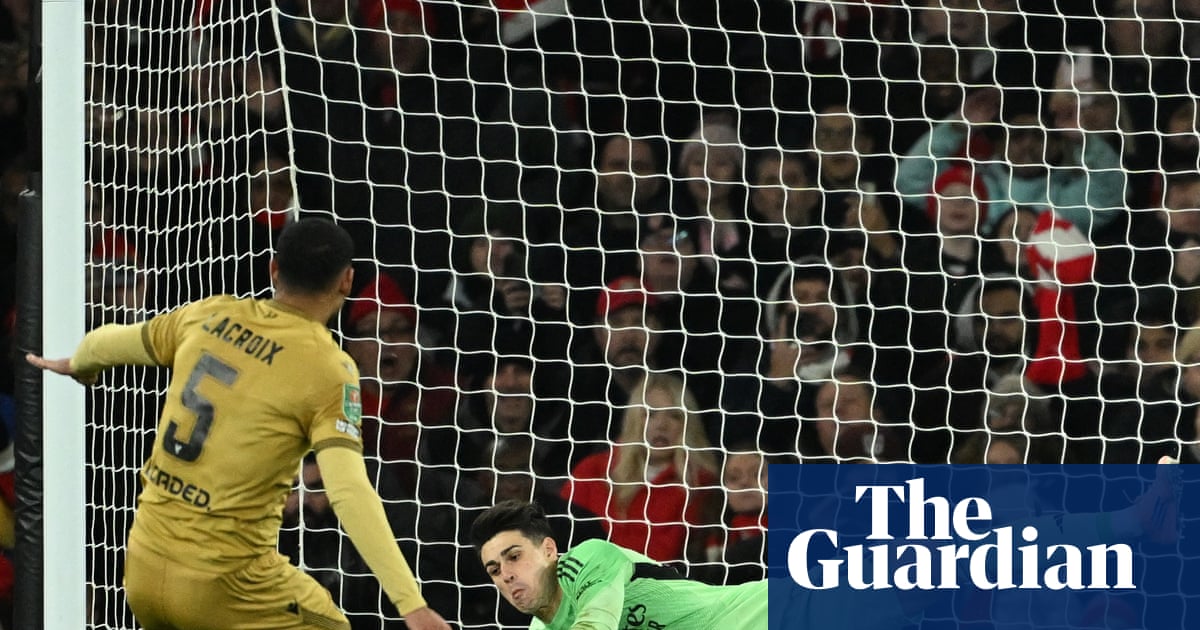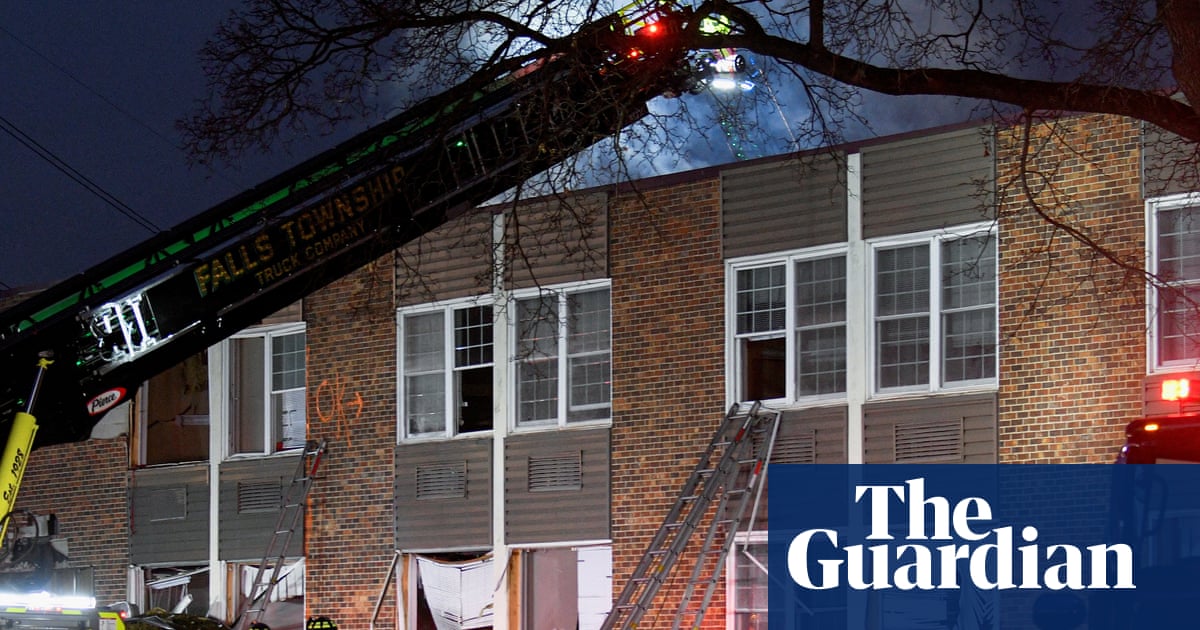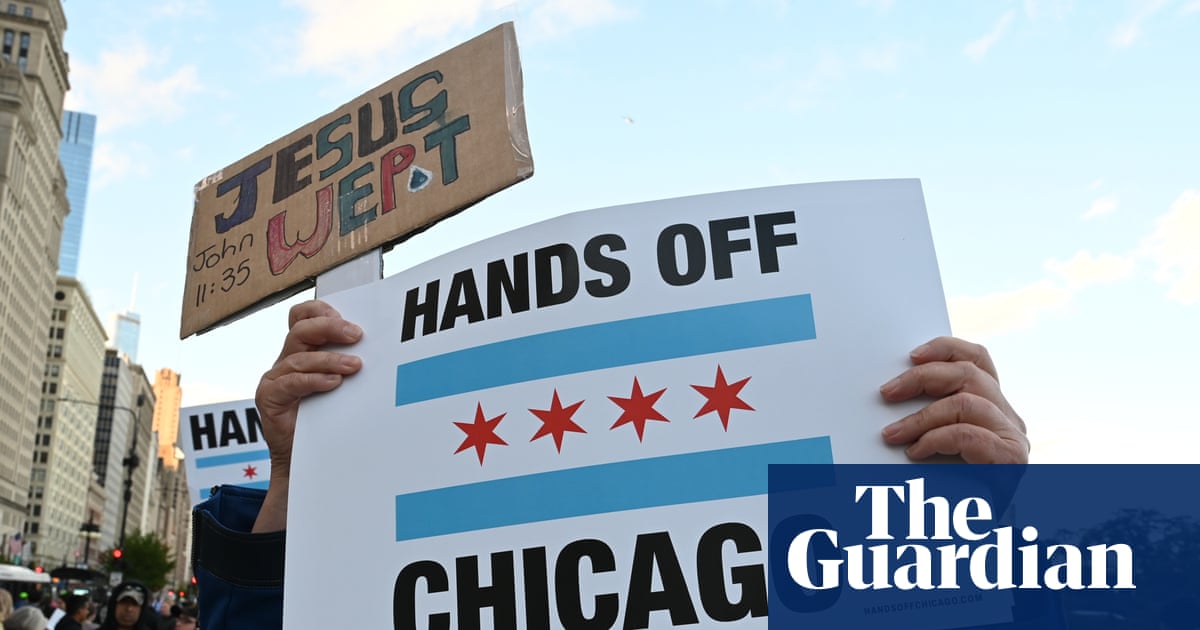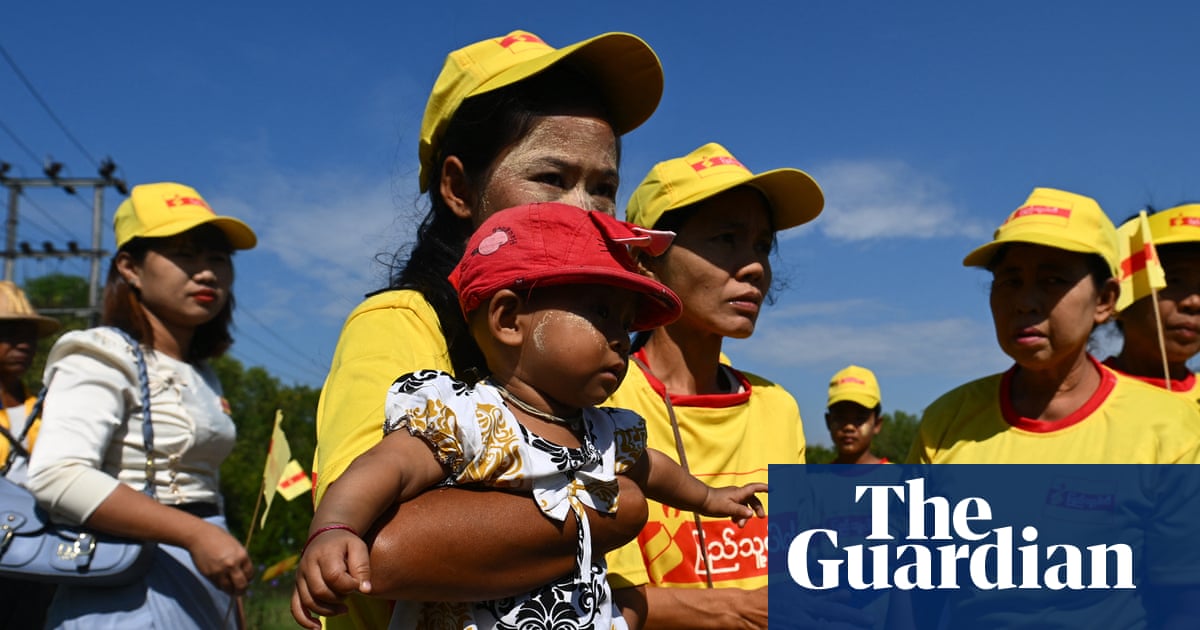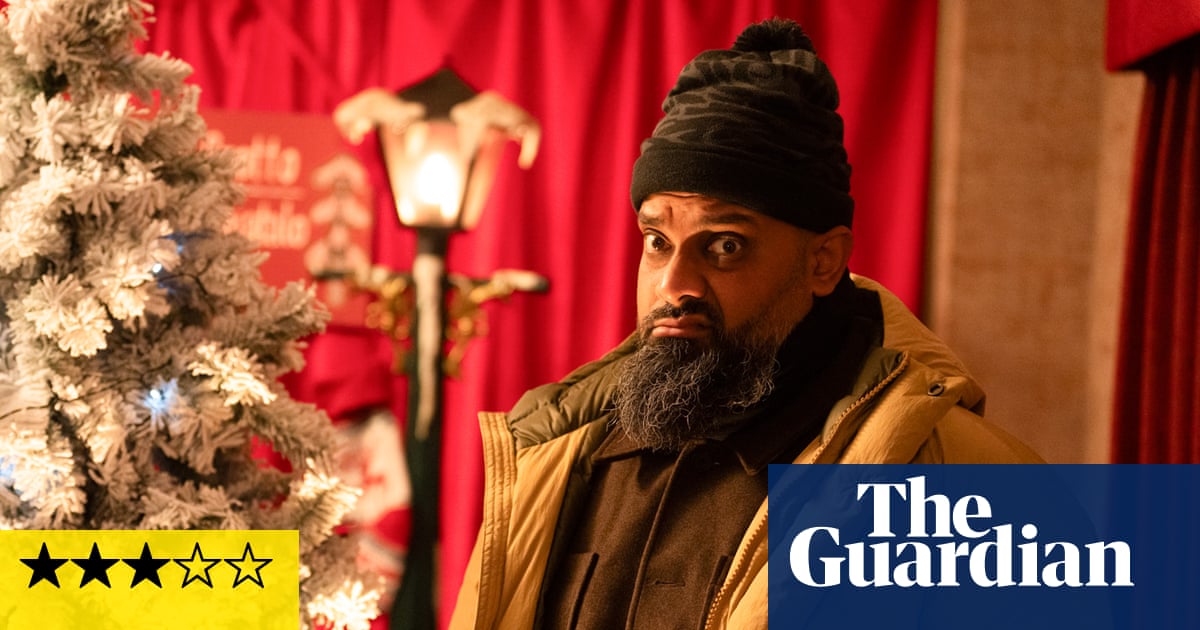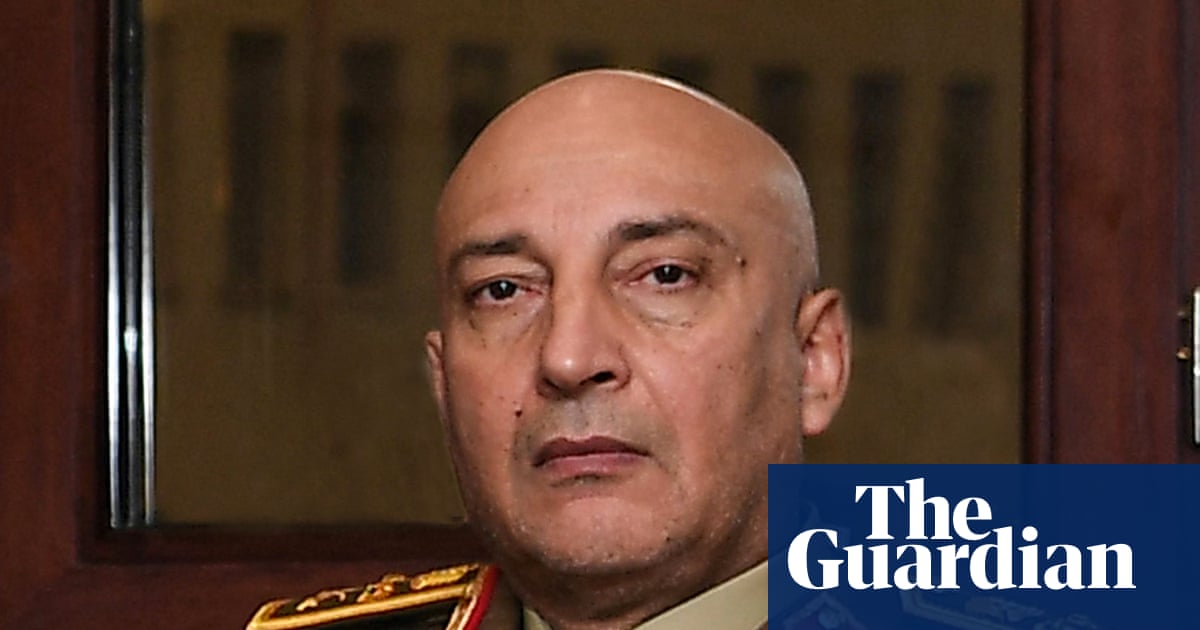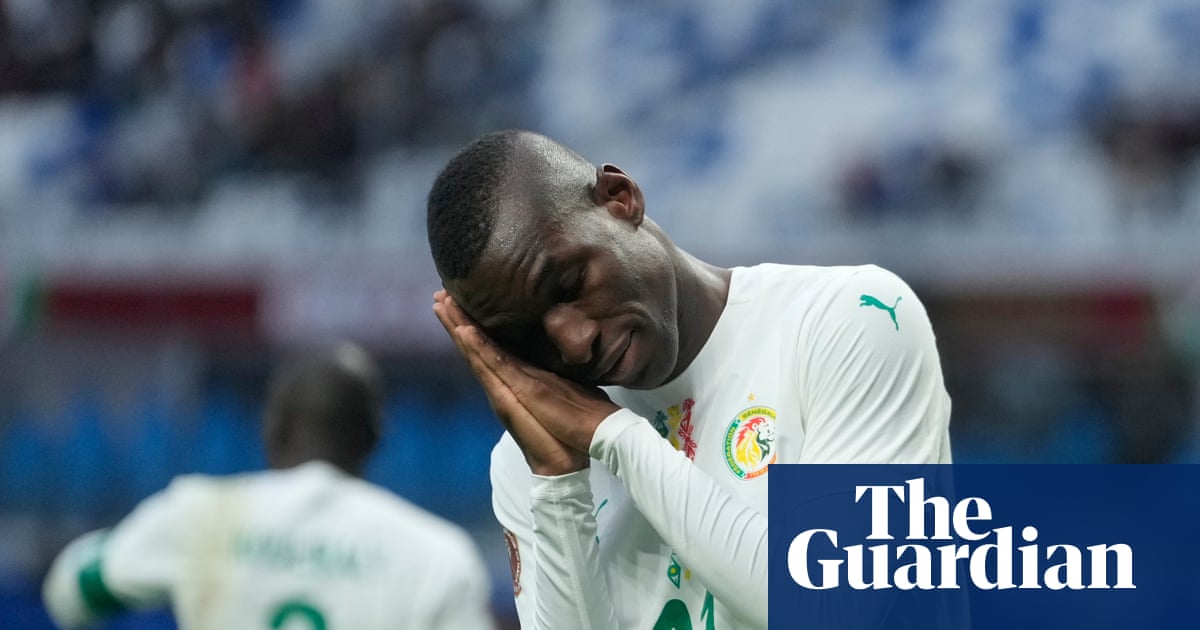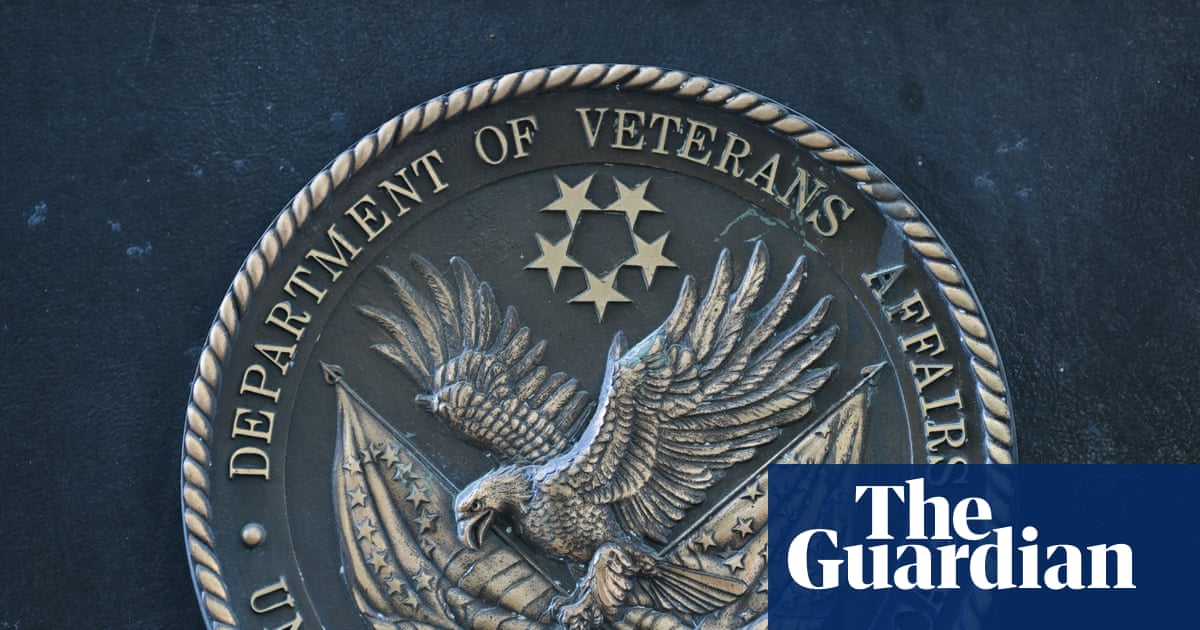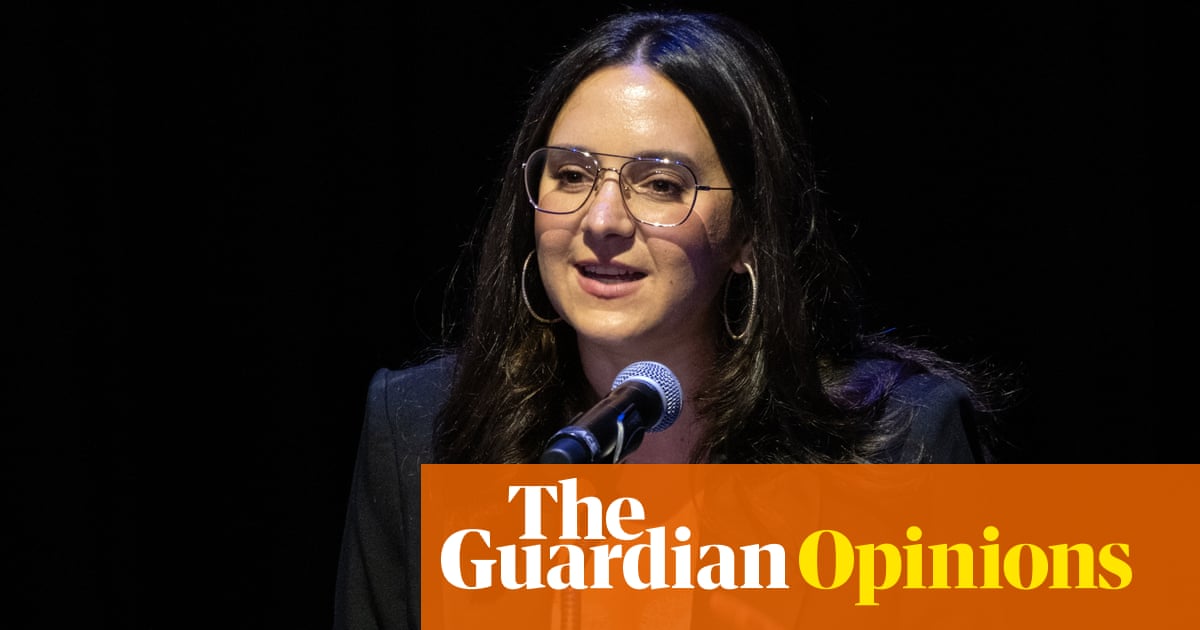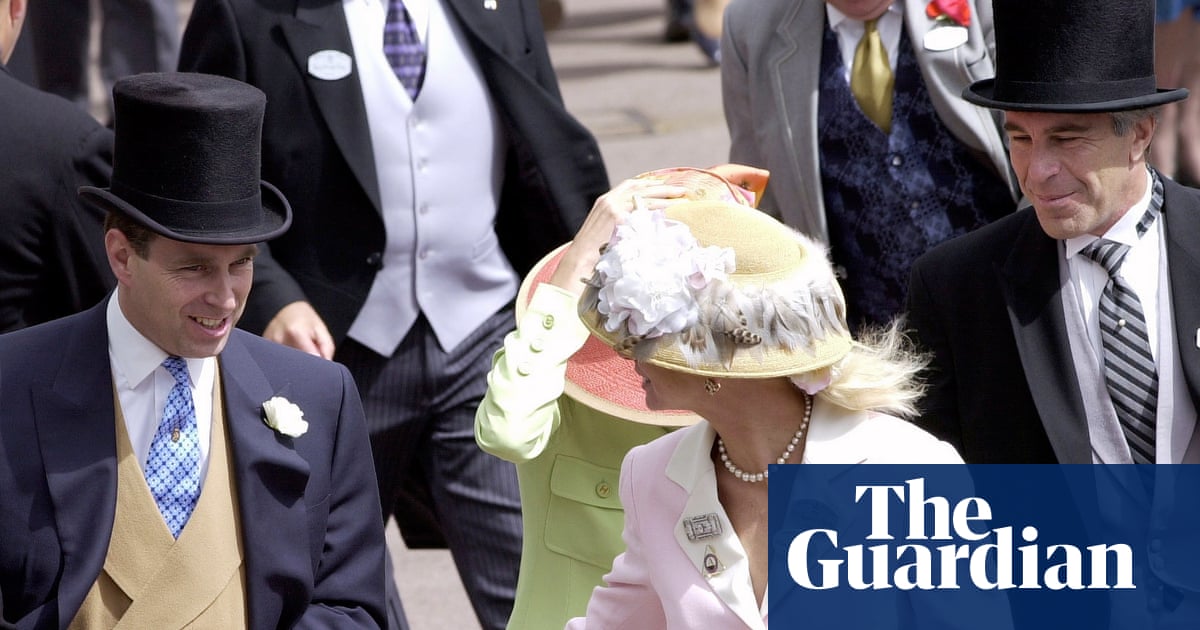Birthday parties should be a time for celebration, but when my former United Nations colleagues meet to mark the organisation’s 80th anniversary next month, good cheer is likely to be in short supply.
The UN is in crisis. With the geopolitical picture at its most fractured in decades, this great institution is desperately short of funding and, more importantly, relevance. Across the critical conflicts of the modern world – Ukraine, Palestine, Sudan and others – the UN still plays a vital humanitarian role, but is relegating itself to an increasingly marginal place in primary peacemaking.
It would be easy to blame this on the UN’s well-known structural flaws – namely, the dead hand of the veto by the P5 (permanent five) members of the security council (China, France, Russia, the UK and the US), which has made the broader council impervious to reform; the relative weakness of the general assembly; and institutional fragmentation and competition over mandates. But these have been present from its inception, and have not prevented the UN from achieving great things.
No, this new lack of relevance stems from a collapse in the UN’s most precious resource: its courage. The courage to lead. The courage to bring warring parties together. The courage to find solutions that combat impunity and are enforceable. The courage to try, and if necessary to fail, and try again.
A culture of caution has seeped into the organisation, a sense of inertia and resignation in the face of political deadlock. Before leaving the UN, I had worked as its mediator in Yemen, then as its global humanitarian leader. In that time, I could see both immense opportunities for the organisation and, increasingly, self-imposed constraints.
Be in no doubt that, despite a lack of funding, the UN continues to do vital work through its political and aid missions across the globe. There really is no substitute for the dedication, competence and bravery of UN staff. I have seen their kindness and solidarity, undimmed by even the most unfathomable suffering, in so many war zones across the world. Contrast this with the deplorable approach of the Gaza Humanitarian Foundation – the private, militarised “solution” provided by the Israeli and US governments that breaches all accepted principles of humanitarian assistance.
But by allowing itself to be marginalised in peacemaking, which includes mediation, the UN has essentially become a doctor confined to treating the symptoms of disease, rather than tackling the root causes.
For those of us who have committed our lives to the ethos of the UN, and care passionately about promoting peace, it is incredibly distressing. For people stuck in conflict zones, it is fatal.
When used correctly, the “good offices” of the secretary general have significant power to mediate and mitigate conflict. The UN and secretary general have a legitimacy as an honest broker that is possessed by no single national government.
For instance, I was proud to be the mediator in the Black Sea grain initiative in 2022, in which the UN played the main brokering role between Ukraine and Russia, under the leadership of the secretary general, António Guterres. We assembled a team that brought together officials from across the secretariat and the relevant UN agencies, and empowered them to collaborate properly and step out of their lane when necessary to get things done.
Without the UN’s leadership, I do not believe a final deal would have been possible. It demonstrated what can be achieved when the secretary general shows ambition, pushes hard and engages directly with the key participants (Kyiv, Moscow and Ankara in this case). It should have kickstarted further peacemaking progress on the UN’s part, but this momentum has been lost.
The leadership’s first step must be to recapture this spirit: courage, energy, persistence; a willingness to put one’s credibility on the line, quash internal rivalries and mobilise the whole of the organisation for a specific goal.
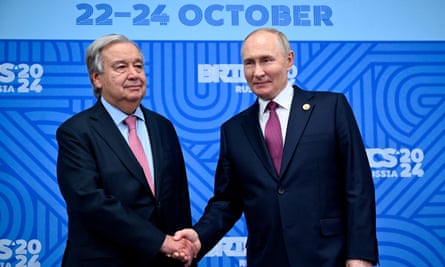
The secretariat must bring more top peacemaking talent into the system, be willing to deploy those people swiftly and dispense with them if they do not perform as expected. It should make greater use of special envoys, who have a unique leeway to set the agenda and convene key players, and resist the often-unqualified envoys imposed by national governments.
It should also make better use of partnerships with unofficial peacemaking organisations. This isn’t a new concept, but it has fallen out of practice recently. In the Black Sea example, we had fully integrated staff from one such organisation and we were all the better for it.
More attention should be paid to the capabilities required of peacemaking teams. We need far more investment in technical mediation skills and training, and broader support at headquarters and in the field to enable a faster response to complex, evolving situations.
Effective mediation in the modern world requires three things: the legitimising power and global experience of the UN; the leverage of the governments engaged as mediators; and the experience of independent conflict resolution organisations that can bring in the voices of affected communities.
The UN must do a better job of playing its part in this triangle. It must also set out a clearer vision for its fundamental purpose as a conflict resolution body in the decades ahead.
The UN80 initiative – the major, system-wide reform effort launched by the secretary general to improve the organisation’s efficiency and effectiveness – is, of course, very welcome. The proposed merger of agencies and cuts to staffing and costs are understandable, given the funding crisis. But this has yet to be framed within a positive vision of the UN’s future role. We do not yet hear a genuine debate between the secretariat and member states on building a UN that will preserve the promises of its founders in these new circumstances.
The UN is stocked with incredible people. It is still an indispensable institution. As such, its only unforgivable sin is inaction. This risks becoming endemic, with serious consequences for our planet’s most vulnerable people.
We can’t continue to let them down. This great global project has to find the courage to make itself relevant once again, and fast, if any of its future anniversaries are to be worth celebrating.
-
Martin Griffiths is the former UN under-secretary general for humanitarian affairs and emergency relief coordinator

 3 months ago
61
3 months ago
61
